In an era where social media platforms have evolved into powerful tools for social change, a new movement has emerged from the Philippines’ digital landscape that represents a watershed moment in how content creators view their role in society. The Creators Against Corruption (CAC) movement signals a fundamental shift where influencers and digital thought leaders have collectively decided to transform their entertainment platforms into megaphones for accountability and transparency, moving beyond mere entertainment to become active participants in the fight against government corruption.
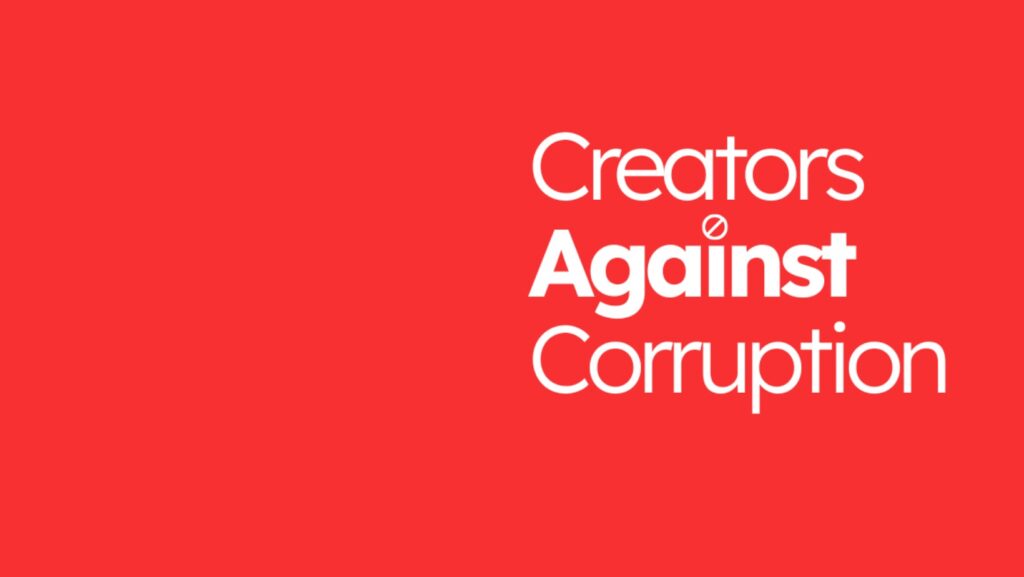
Launched in September 2025, the movement emerged at a critical time when multiple revelations in “ghost projects” involving flood control projects were exposed, resulting in billions of Pesos allegedly lost to infrastructure projects that were either poorly documented or never constructed at all. Against this backdrop of mounting corruption scandals, a coalition of prominent content creators decided that silence was no longer an option. The movement was spearheaded by notable figures including Carlo Ople, the digital entrepreneur and founder of Unbox.ph, alongside Chris Tan and Marc Santos Gamboa from Models of Manila, representing a diverse cross-section of the Philippines’ most influential digital voices.
The Manifesto: A Digital Declaration of Independence – Creators Against Corruption
At the heart of the movement lies a powerful manifesto that reads like a digital declaration of independence from the entertainment-only paradigm. The document begins with the striking declaration: “A digital fire has been lit,” immediately establishing the urgency and determination behind this collective action. The manifesto articulates a clear rejection of the traditional role creators have been expected to play in Philippine society, stating: “We, the undersigned creators and influencers, are no longer content to simply entertain. Our platforms, built on trust and community, have become something more: a megaphone for the people.”
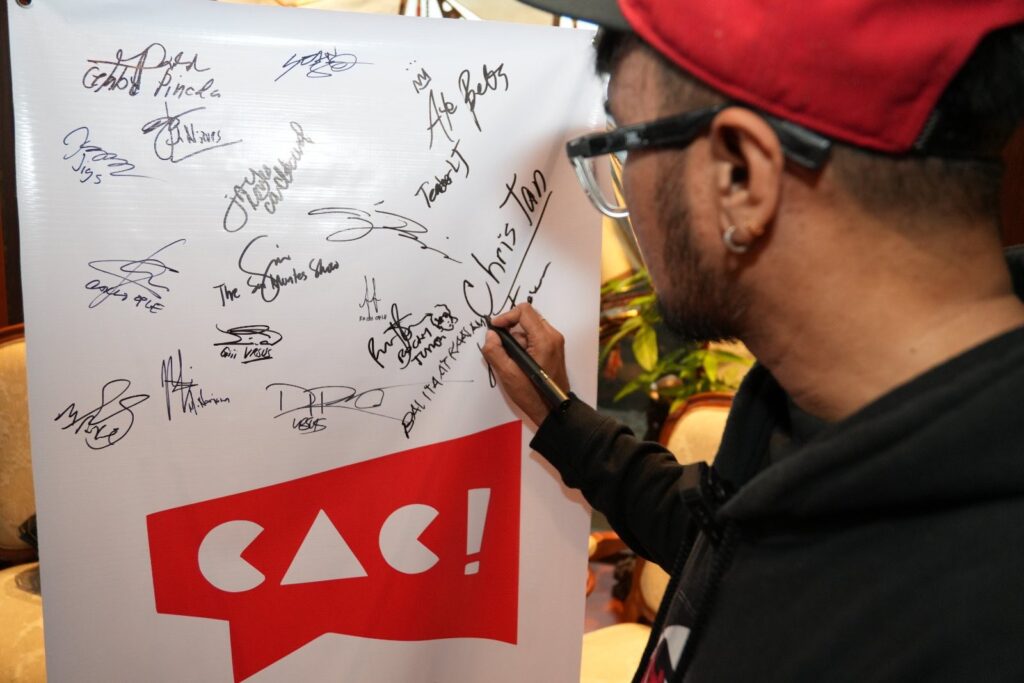
The creators assert that “the public has a right to know how their government operates and where their money is spent,” while firmly rejecting being dismissed as “mere entertainers.” This represents a direct challenge to those who would minimize their influence or question their legitimacy in political discourse. The manifesto demands that “those who betray the public trust must face the consequences, regardless of their position or power,” representing a direct challenge to the traditional culture of impunity that has long plagued Philippine politics.
Perhaps most significantly, the creators commit to using “our reach to expose wrongdoing, amplify the voices of whistleblowers, and ensure that these actions are not swept under the rug.” This transforms their platforms from spaces of entertainment into instruments of democratic accountability, promising to be “relentless” and “loud” as they hold up “a mirror to power” until “justice is served.”
A Coalition Across Digital Niches – Creators Against Corruption
The movement’s initial roster includes 20 prominent creators representing millions of combined followers across various content categories. From the tech and business sphere, the movement includes Carlo Ople and Migo Delfin from VRSUS, bringing their expertise in digital innovation and industry insight. Social media personalities like Gabriel Pineda (Gabe Talks on TikTok), Julia Pineda (Ate Bebs on TikTok), and Teacher LJ Reyes contribute their substantial followings among younger demographics who primarily consume political information through social platforms.
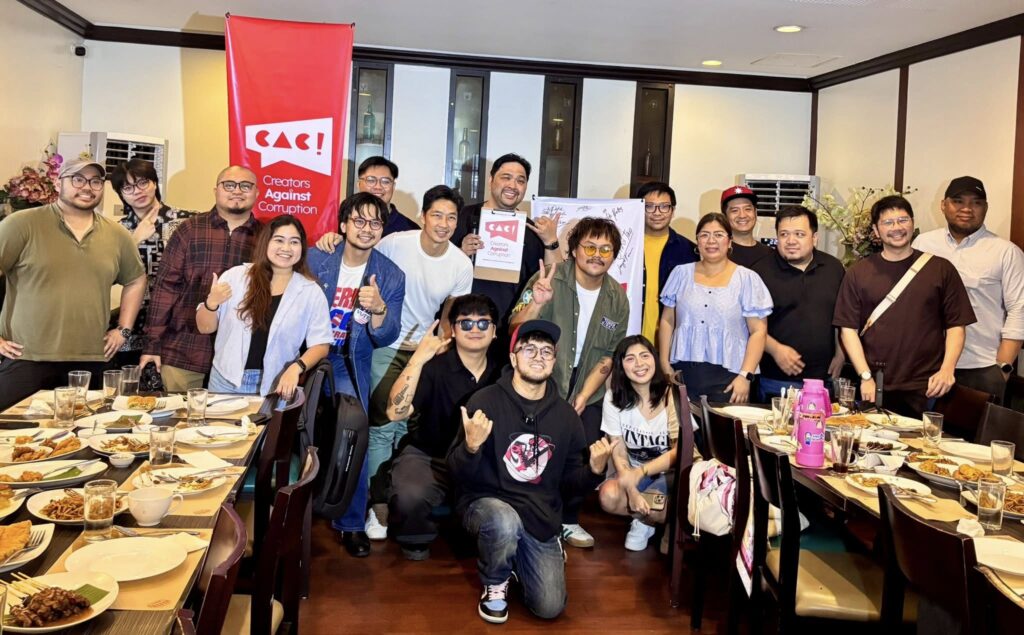
The creative and lifestyle segment is represented by figures like Julio Ingco (Jay Loves Cardboard), Chef Martin Narisma, and Rocky Turen, each bringing unique perspectives and audiences to the collective effort. Additional voices include Joseph Teoxon, Sai Montes, Rollie Garcia, R. Ty, Gian Gaite, Jigs de Asis, Sean Salustiano, Rye Icatar, and AJ Badiola, creating a diverse coalition that spans different content niches and demographic appeals.
This diversity demonstrates the movement’s broad appeal and strategic thinking. Rather than being dominated by political commentators or traditional activists, the CAC represents everyday content creators who have built authentic relationships with their audiences around entertainment, lifestyle, and specialized interests. This authenticity becomes a powerful asset when these creators pivot to discussing political accountability, as their audiences trust them to speak genuinely rather than from partisan motivations.
Strategic Safety and Collective Action – Creators Against Corruption
One of the movement’s key innovations is its emphasis on collective action as both a strategic and safety measure. As Carlo Ople noted in his announcement: “To my fellow creators, we are stronger and safer together. It’s time to speak up. Di na pwede sidelines lang tayo” (We can no longer stay on the sidelines). This approach recognizes the inherent risks that individual creators face when challenging powerful interests, particularly in a country where political opposition has historically faced intimidation, legal harassment, and economic pressure.
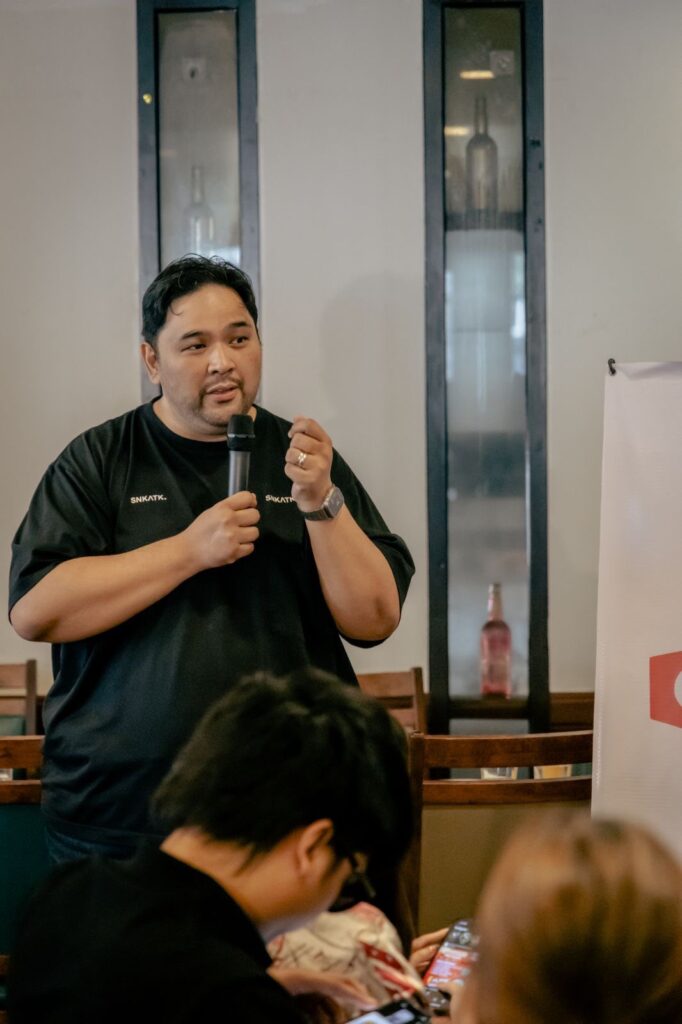
By banding together, the creators create a support network that provides both protection and amplification. Individual voices can be more easily isolated, discredited, or silenced, but a coordinated group of influential creators becomes much more difficult to suppress without generating significant public backlash. This collective approach also allows for sustained pressure rather than sporadic individual efforts that can be weathered by those in power.
The movement emerges against the sobering backdrop of the Philippines’ ongoing struggle with corruption. The country is perceived as having high levels of corruption, ranked 115 out of 180 countries by Transparency International in 2023, with corruption being both widespread and costly. The World Bank estimates that the Philippines loses at least 20 percent of its national budget to corruption, providing urgent statistical context for why content creators feel compelled to abandon political neutrality and actively engage in anti-corruption advocacy.
Digital Democracy in the Creator Economy Era – Creators Against Corruption
The CAC movement represents a significant evolution in digital activism that reflects the unique advantages content creators bring to political discourse. Unlike traditional advocacy groups, these creators possess established audiences cultivated through consistent, authentic content creation across platforms like TikTok, YouTube, Instagram, and Facebook. Their content creation backgrounds enable them to communicate complex political issues in accessible, engaging formats that resonate particularly well with younger audiences who may be disengaged from traditional political communication.
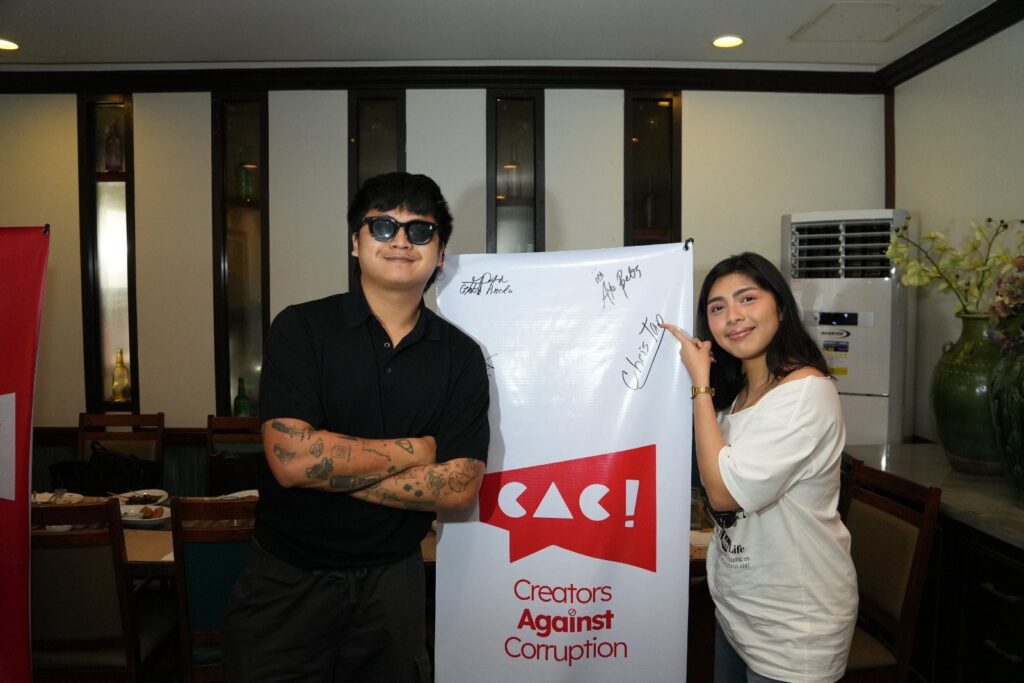
Many of these creators also enjoy economic independence as successful digital entrepreneurs, providing them with the financial freedom necessary to speak truth to power without fear of economic retaliation from traditional employers or political patrons. Their expertise across various digital platforms enables coordinated messaging campaigns that can rapidly disseminate information and mobilize public opinion in ways that traditional advocacy groups struggle to match.
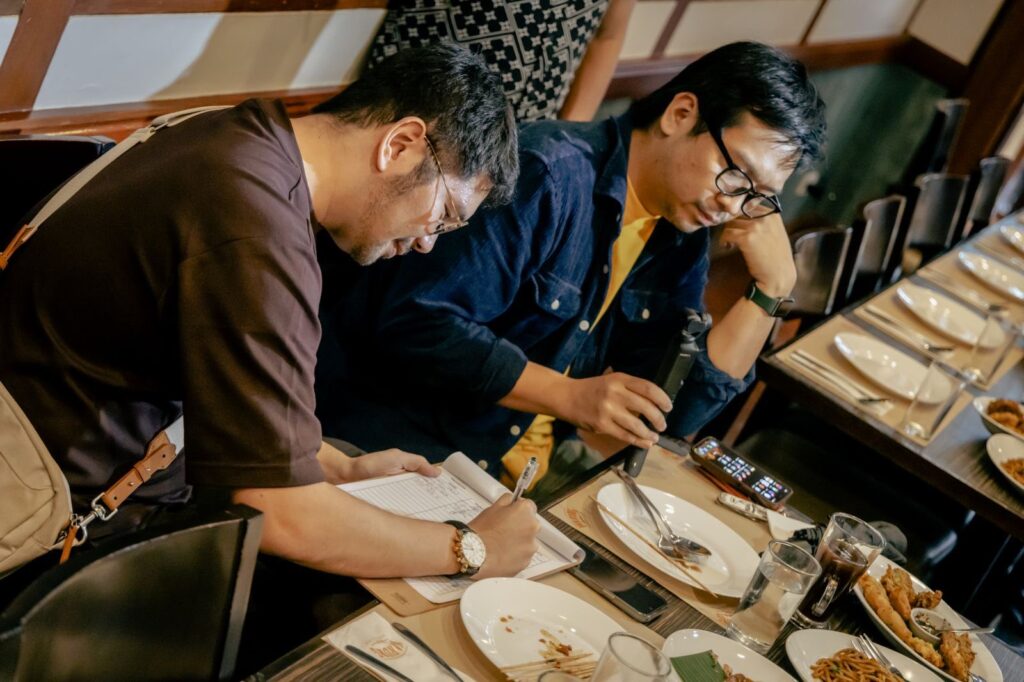
However, the movement also faces significant challenges in maintaining unity across diverse personalities with different audience bases, requiring careful coordination of messaging and strategy. Sustaining momentum beyond initial enthusiasm demands institutional structures and long-term commitment that go beyond the organic, personality-driven nature of content creation. Members must navigate the delicate balance between their entertainment content and advocacy messaging without alienating audiences who may prefer non-political content, while also preparing for potential backlash from government officials and vested interests who may attempt to discredit or intimidate movement members.
Implications for Philippine Democracy and Beyond – Creators Against Corruption
The emergence of the Creators Against Corruption movement could signal several important trends that extend far beyond the Philippines. It may inspire similar movements globally, demonstrating how content creators can leverage their platforms for civic engagement while potentially increasing political participation among younger demographics who primarily consume information through social media platforms. By creating persistent pressure through digital channels, the movement may contribute to stronger institutional accountability mechanisms while forcing traditional media outlets to adapt as content creators become significant players in political discourse and investigative reporting.
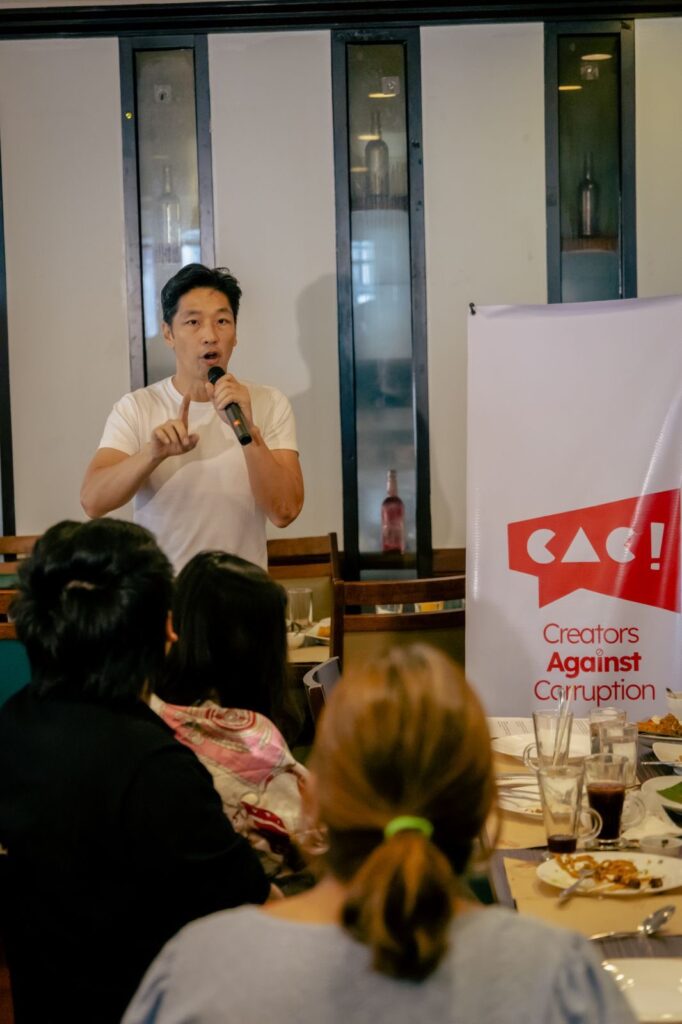
The CAC movement represents more than just another advocacy group—it signals the maturation of the Philippines’ digital democracy. When content creators with millions of followers collectively decide to use their platforms for accountability rather than just entertainment, they fundamentally alter the country’s information landscape. As the movement states in its manifesto: “We will be relentless. We will be loud. We will be a mirror held up to power, and we will not look away until justice is served.”
Whether this digital fire will ultimately illuminate a path toward greater transparency and accountability remains to be seen. However, the movement has already achieved something significant: demonstrating that in the creator economy era, entertainment and civic responsibility need not be mutually exclusive. The success of Creators Against Corruption may well determine whether content creators globally recognize their potential role as democratic actors, or whether they retreat to the safer territory of pure entertainment. For the Philippines, a country long struggling with corruption, the movement represents a new front in an old battle—one fought not in traditional media or political halls, but in the digital spaces where young Filipinos increasingly live their lives.
Read More:
Why Gamers, Creators, and Tech Workers Deserve More Credit This Labor Day – VRSUS
What’s It Like To Watch Live Pinoy Wrestling – VRSUS
Spice Summit: We’re Doing Something Completely Wild on September 19 – VRSUS





